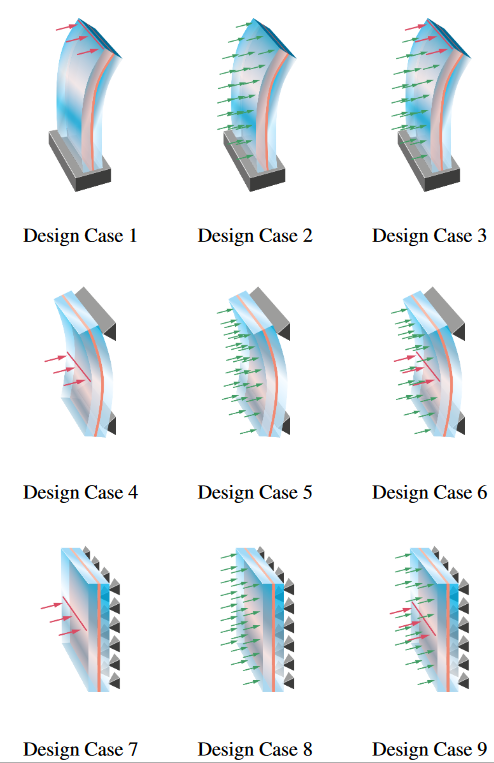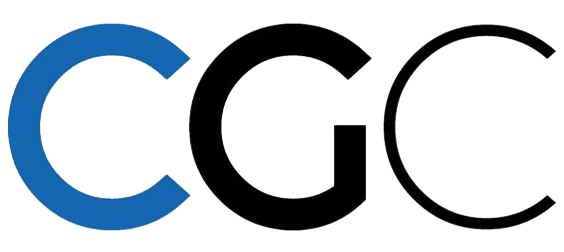Strength Lab AI
A Mixture-of-Experts Deep Learning Approach for Limit State Analysis and Design of Monolithic and Laminate Structures made of Glass

Abstract
The demand for transparent building envelopes, particularly glass facades, is rising in modern architecture. These facades are expected to meet multiple objectives, including aesthetic appeal, durability, quick installation, transparency, and both economic and ecological efficiency. At the heart of facade design, particularly for structural glass elements, lies the assurance of structural integrity for ultimate and serviceability limit states with a requisite level of reliability. However, current structural engineering assessments for glass and glass laminate designs, especially in the geometrically non-linear setting, are time-consuming and require significant expertise. This study develops a customized Mixture-of-Experts (MoE) neural network architecture to overcome current limitations. It calibrates it on synthetically generated stress and deformation data obtained via parametrized Finite-Element-Analysis (FEA) of glass and glass laminate structures under both geometrically linear and nonlinear conditions for several joint support and loading conditions. Our findings reveal that the MoE model outperforms baseline models in predicting laminate deflections and stresses, offering a substantial increase in computational efficiency, compared to traditional linear and non-linear FEA, at high accuracy. The MoE is integrated within a novel web-based glass design and verification tool called Strength Lab AI and provided to the engineering public for future use. These results have profound implications for advancing engineering practice, offering a robust tool for the intricate structural design and analysis of glass and glass laminate structures.
Published
Issue
Section
Structural Glass Design & Standards
License
Copyright (c) 2024 Michael Kraus, Rafael Bischof, Henrik Riedel, Leon Schmeiser, Alexander Pauli, Ingo Stelzer, Michael Drass

This work is licensed under a Creative Commons Attribution 4.0 International License.



